Hyundai slashes EV pricing! Massive discounts for Kona, Inster, Ioniq 5 and Ioniq 6
Hyundai Australia has slashed the pricing of much of its slow-selling battery electric vehicle range by up to $34,000.
The huge discounts are valid until December 31 2025 and follow just months after new CEO Don Romano declared Hyundai Australia had done a “terrible job” selling EVs.
There are few restrictions on the offer, the primary one being only Model Year 2023 examples of the Ioniq 6 sedans are on offer. As of today (October 7) there are 115 in stock.
Hyundai has sold just 93 examples of the Ioniq 6 in 2025.
READ MORE: All-new flagship Hyundai Palisade SUV switches to hybrid power: New drivetrain also expected to land in Kia Tasman ute
READ MORE: Hyundai reveals Ioniq 3 concept: Compact EV a chance for Australia, will share tech with Kia EV3 and go head-to-head with BYD Atto 3 and MG S5
READ MORE: 2025 Hyundai Inster Seven-Day Test: A compelling argument for why buying the cheaper Chinese alternative isn’t the best choice
All other vehicles on offer are not restricted by build date. All offers are available for fleets as well as private customers.
Payment and delivery must take place by December 31 2025 to be eligible.
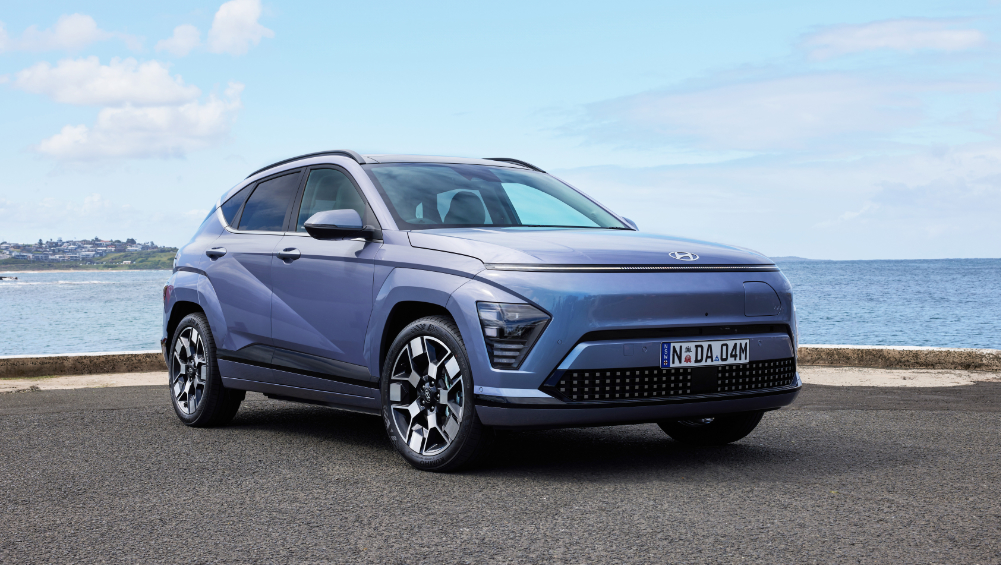
While the deal applies only base model Kona Electric and Ioniq 5, there are discounts on all three models in the freshly-launched Inster mini-SUV line-up.
The full offer is as follows:
| MODEL | DA PRICING | SAVING |
| Kona Electric (Standard Range) | $49,990 | -$9189.02 |
| IONIQ 5 (Standard Range) | $65,990 | -$9779.02 |
| INSTER (Standard Range) | $39,990 | -$3320.02 |
| INSTER (Extended Range) | $42,990 | -$3925.02 |
| INSTER Cross | $45,990 | -$3540.02 |
| IONIQ 6 Dynamic (23MY) | $49,990 | -$27,564.02 |
| IONIQ 6 Techniq (23MY) | $54,990 | -$33,589.02 |
| IONIQ 6 Epiq (23MY) | $59,990 | -$34,142.02 |
The quoted savings are based on NSW registration. Any options or accessories fitted to the vehicle retain current value and are not discounted.
“We do a terrible job with our EVs – on the record,” Romano said in August at the Ioniq 9 media launch.
“We are not doing the job we should be. Our market share of electric vehicles is extremely low relative to our market share of total vehicles.
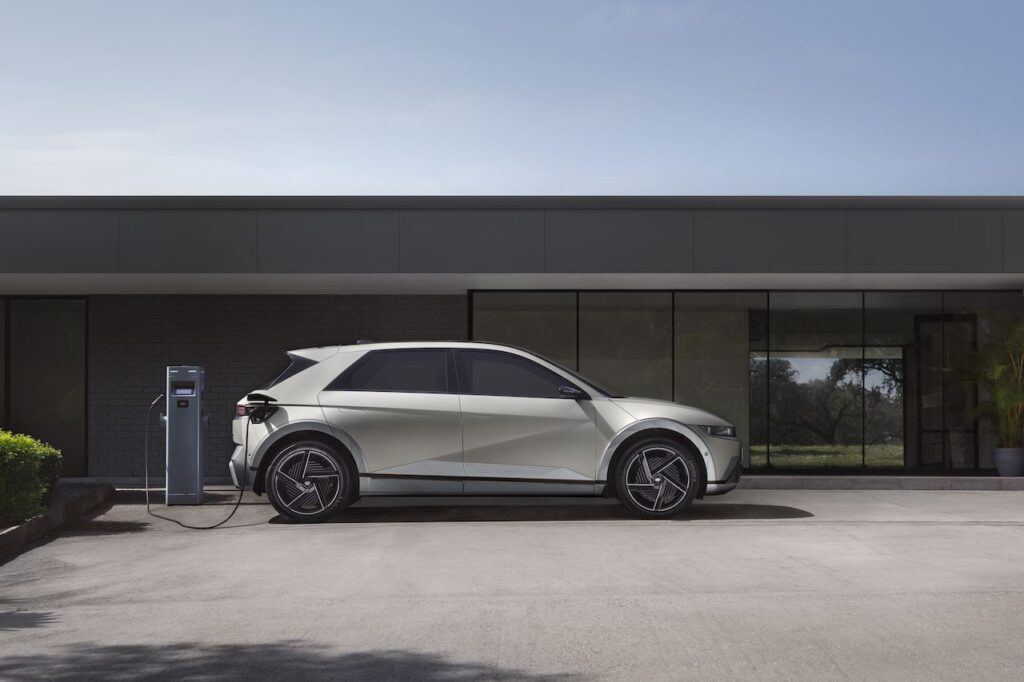
“And the only explanation for that is that we haven’t put enough focus on it.
“I can see other car companies that are selling electric cars that are doing a much better job with their EVs than they do with their ICE. We’re the opposite.
“So we spent some time in the months that I’ve been here really discussing what’s at the root of that.”
Romano identified Hyundai’s initial decision to sell Ioniq EVs direct over the internet to customers rather than via dealers as a mistake.
“We have a job to do to get our dealers back in the game,” he admitted.

He said the next step would be a broader EV marketing campaign to exploit that shift to dealers.
“We are looking at what we can do probably later this year early into next year around our electric vehicles more broadly,” he said.
“We need to really completely change the way in which we interact with our dealers and communicate and train and market and then help them market to customers that are interested in EVs.”
The newly launched Hyundai Ioniq 9 is not part of this campaign.
The next EV Hyundai is expected to launch in Australia is the Ioniq 6 N hot-rod followed by the Chinese-built Elexio medium SUV, with the Ioniq 3 compact SUV also on the wanted list.

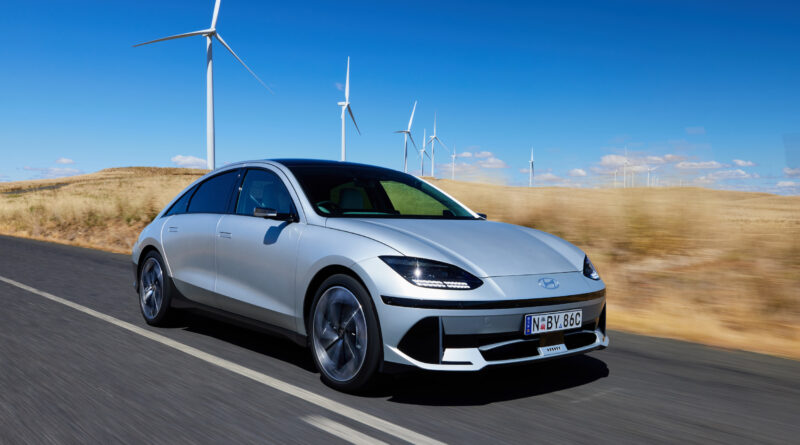
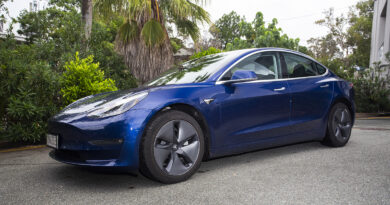
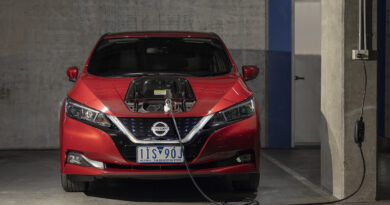
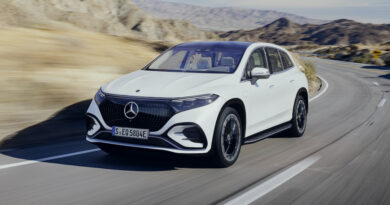
Are there any issues with the battery of a 2023 model – i.e. is it a problem that the battery is already 2 years old even though the car hasn’t been driven?
Really interesting question Wing. Hyundai ‘s tech people assure us there will be no issues because of the build date. And if they’re wrong, the pack is protected by an eight year/160,000km warranty from the date of purchase.
If the battery had been sitting there at 100% for a few years, there’d certainly be degradation.